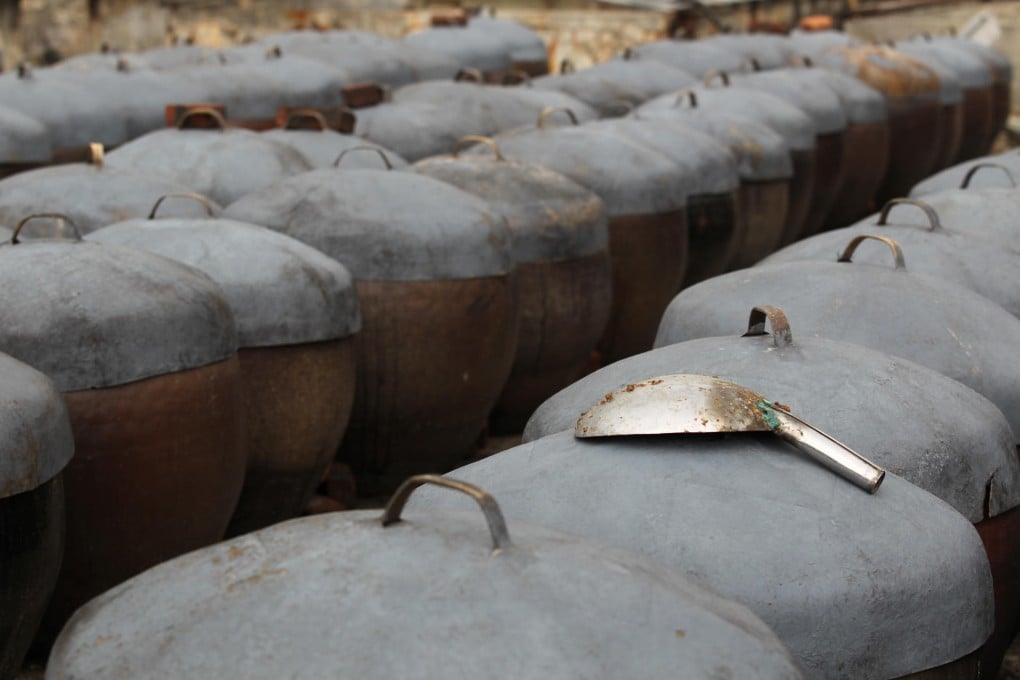Sauce code
Kowloon Soy Company still makes its popular black condiment the slow and simple way, writes Janice Leung

actually just a tiny part of our business," says Wong Kwok-fai, the third generation of the family that manages Kowloon Soy Company, a subsidiary of Mee Chun Canning Company.
To the rest of the world, the Kowloon Soy Company doesn't exist - although they buy Mee Chun's pickles, preserved lemons and soya bean paste by the container. "Europe is our biggest market," says Wong.
Founded in 1917 as an export business, Mee Chun is a partnership between three families, with the Wongs at the helm. "Even today, Hong Kong only has around seven million people, but once we export, we're talking about a much larger market," says Wong.
The second world war brought about two major changes. First, there was the name. Wong repeats the story his father told him about the Japanese occupation of Hong Kong. "They saw our name - they could read Chinese - and because it had the word for America in it, they gave us two choices - close up shop or change our name". The word "Mee" can mean America, Japan's then-enemy. Pushed for time, Wong's father changed it to "Kowloon", after their location in Kowloon City.
The second change was doing business locally. "During the war, money meant nothing; what was valuable was food, and we had lots of it in our factory," says Wong. The neighbourhood of Kowloon City then was as densely populated, if not more so, than it is now. "People asked us, 'Why don't you sell us some of your food, you have so much of it,' and since [the war meant] we couldn't export, there was no reason not to," Wong says.
The Japanese occupation lasted three years and eight months and, by the end of it, Kowloon Soy had garnered a local following. Wong senior, Wong Hung, set about opening shops all across Hong Kong, although none in Kowloon.